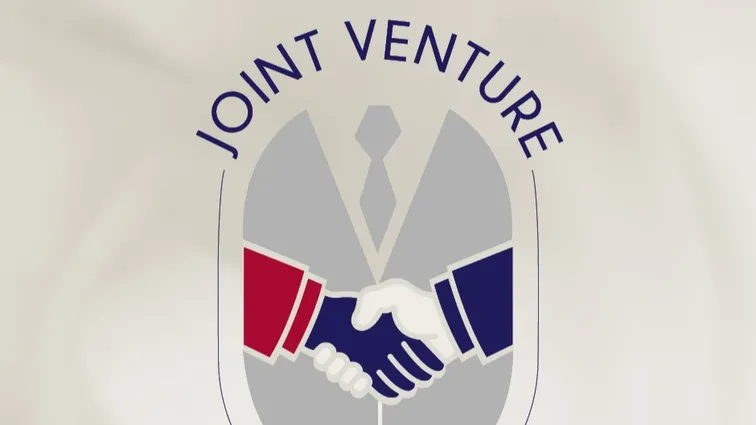What is a shareholders' agreement and how does it differ from a constitutional document? What essential elements and form should the shareholders' agreement have? What should it contain to cover all important aspects of cooperation among shareholders?
Shareholders' agreement: How to protect the interests of all parties
Difference between a constitutional document and a shareholders’ agreement
Proper legal documentation is crucial for the successful cooperation of shareholders in a company. However, it is often found that the constitutional document, whether it be the memorandum of association or the statutes, is not sufficient on its own. In addition to the constitutional document, it is essential to prepare and sign a shareholders' agreement, which can cover a wide range of specific issues.
The constitutional document is a document with mandatory essential elements stipulated by law. It must always be drawn up in the form of a notarial deed and subsequently published in the Collection of Deeds, where the up-to-date version of this document must always be available. This document has the “highest legal force” and sets the basic framework for the company’s operation. However, its content is limited by both statutory limits and the fact that shareholders often do not want to include sensitive information in a publicly accessible document.
This is where the shareholders' agreement comes into play. This document, which is not required to be publicly disclosed and whose preparation is not required by law, allows for a much broader range of issues to be addressed and can include details that are crucial for future cooperation. The shareholders' agreement can cover, for example, detailed conditions for voting at general meetings, rules for profit distribution, transferability of ownership interests or shares with various conditions, procedures for resolving disputes, or even aspects of business secrets and confidentiality obligations.
Why prepare a shareholders’ agreement?
1. Flexibility and adaptability: While the constitutional document must meet statutory requirements, the shareholders' agreement provides shareholders with the freedom to adapt the rules of cooperation according to their specific needs.
2. Protection of sensitive information: Unlike the constitutional document, the shareholders' agreement is not a publicly available document. This allows for the inclusion of strategic and confidential information that shareholders do not wish to disclose.
3. Detailed regulation of relationships: The shareholders' agreement can include details that legally required documents do not allow for or that shareholders do not want to be publicly available. For example, this can include:
- detailed rules for voting and decision-making at general meetings,
- sophisticated mechanisms for protecting minority shareholders,
- contractual penalties for breaches of obligations arising from the shareholders' agreement,
- procedures for financing the company, whether loans or contributions outside the company's registered capital.
4. Conflict prevention: Clearly defined rules and dispute resolution mechanisms can significantly reduce the risk of conflicts among shareholders.
Key areas the shareholders’ agreement should cover
1. Decision-making processes: Who and how will decide on key company matters? What will be the rights and obligations of individual shareholders when voting?
2. Transferability of ownership interests or shares: What rules will apply to the transfer of ownership interests or shares? Will pre-emption rights, approval processes, or transferability restrictions be introduced?
3. Protection of minority shareholders: How to ensure that the rights of minority shareholders are not overlooked or abused?
4. Methods of financing: How will shareholders finance the company and how will they share any profits?
5. Dispute resolution mechanisms: How will disagreements among shareholders be resolved? It may be useful to include rules for mediation, arbitration, or other dispute resolution methods.
6. A shareholder’s exit: What conditions will apply for a shareholder's exit from the company? How will the value of his shareholding be determined?
Conclusion
The shareholders' agreement is an essential tool for any company. Due to its flexibility and ability to address a wide range of issues, it is a document that should not be overlooked. Along with the constitutional document, it forms the basis for stable and effective cooperation among shareholders.
At HAVEL & PARTNERS, we have extensive experience in preparing shareholders' agreements. We are ready to help you create a document that reflects your needs and ensures the long-term success of your business.









